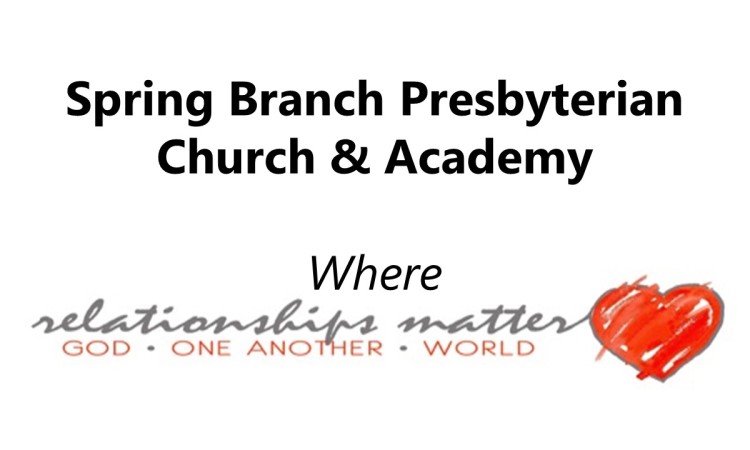A Call to Faith Lesson I, Part II, Are We Practical Atheists?
A Call to Faith Lesson I, Part II, Are We Practical Atheists?
Laymen have been forced into a loose use of words in the church, because they have little or no acquaintance with the theology of the church. They are of the opinion that theology is a dark, mysterious, subject reserved for the ministers, and that theology is something dry and uninteresting.
Dorothy Sayers says of England, and it is also true of America “The brutal fact is that in this Christian country not one person in a hundred has the faintest notion what the Church teaches about God or men or the society or the person of Jesus Ghrist.”
Some people latch onto a few doctrinal propositions which they will defend to the death. Others take their stand on a “Sermon on the Mount” type of religion that turns out to be e mild mannered way of life that hes no real relation to Jesus Christ.
The result of this theological ignorance is that many of us who claim to be Christians are “practical Atheists”. We are able to verbalize about God, and even quote a few scritpures, but we must admit that we honestly do not know or take seriously
the teachings of Jesus.
The trouble, according to Ms. Sayers, is that “He has been offered a set of technical theological terms which nobody has taken the trouble to translate into language relevent to ordinary life.”
One thing that most of us fail to realize is that if we have failed to understand Christian theology, we have a theology of our own that we do understand.lf we do not have a good theology, we have a bad theology. We cannot escape theology by ignoring it. When we refuse to understand the great theology of the church, we are merely replacing it with a bad or a weak theology. We may even be atheists, but then that becomes our theology. Moreover, our theology is not what we say we believe, nor what the church says we ought to believe, but our real theology is what we act on. We may not be aware of the inconsistency, but our friends end neighbors may be.
The tragedy of all this lies in the phrase “What might have been.” For having the revelation of Christianity, we fail to take real advantage of it.
We read “Do not be anxious sayinq what shall we wear?” and spend most of our time talking and worrying about our clothes. We read “are you not of more value than they?” and spend most or our time struggling to earn more in competition and bitterness. We say “Thy kingdom come, Thy will be done,” and set out each day to do things we should know God cannot bless. Our faith then, is really not more than that of the well mannered pagan we might meet in any civilized country. Really, wouldn’t we defend ourselves against a fellow Christian just as we would a pegen foreigner by requiring bonds, and deposits,
and contracts in writing, and payment in advance?
We have said that our religion consists of too many words. Perhaps it might be well for us to take a look at the creeds of the church. As examples, the Presbyterien church adheres to the creeds us set forth in the Westminister Confession of Faith. The Lutherans adhere to the creeds of the Augsburg Confession, and there are some denominations that say they have no creeds, but the whole Bible is their creed.
The Christian church did not by the process of thought arrive at the truths it advocates. Neither did it come by them by accident. Rather the creeds are set forth by Jesus in the Gospel, and the Church is saying “Here is what we believe to be the real meaning of life.” This creed, or the real meaning of life, is the faith of the Christian. But the church does not stop here, but invites every individual to accept the faith as his own.
The dogma of the Christian church does not say “This is the ending of the journey, but rather says “Christian dogma is an invitation to a journey and an experience in living.” When one accents this invitation, he must accent it as an invitation to understanding and commitment, and not to blind unthinking assent.
We do not really join the church by merely inscribing our names on the roll, unless we come wholly and completely. There is an old saying we should remember that brings this principle home: “God does not ask for much of a man, but He asks for all there is.”


















